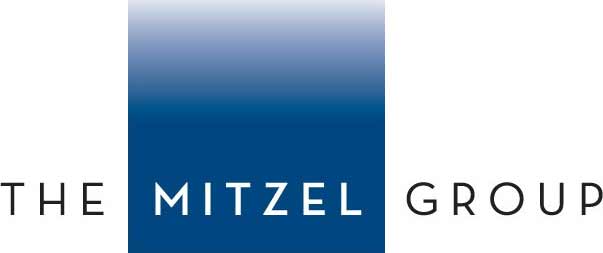The California Court of Appeal affirmed its decision NOT to require companies (i) to pay overtime wages to employees who work on “commission,” and (ii) to police meal breaks.
In Muldrow v. Surrex Solutions Corporation (Muldrow), a class of recruiters sued their employer for failure to pay overtime and meal period compensation. The Court held (i) that employees were subject to the commissioned employees exemption from the overtime requirements under the California Code of Regulations, Title 8, Section 1100, and (ii) that the employer was not obligated to ensure that they took their meal periods following its ruling in Brinker.
Commission Pay Exemption
California’s commission pay exemption applies to employees whose earnings “exceed one and one-half (1 ½) time the minimum wage if more than half of the employee’s compensation represents commissions.” In other words, if an employee earns at least $12 per hour, with “commissions” accounting for at least half of the employee’s wages, then the employee is exempt from overtime pay.
In Muldrow, the Court expanded the scope of the exemption by broadly interpreting the definition of “commission.” In this case, the company received revenue from the client upon successfully placing a candidate, and paid its employee a percentage of revenue. Although these activities are significantly different from the more traditional types of selling goods previously held to qualify for the exemption, the Court concluded that the payment based on a percentage of revenue qualified as a “commission.” Thus, Muldrow was an exempt commissioned employee, and his company was not required to pay him overtime.
Meal Breaks
Pursuant to Brinker, the Court once again found that the employer was NOT obligated to ensure that employees actually took the meal breaks. Employer’s sole obligation is to provide such breaks.
For the case background and more information on Brinker, see our previous Update dated April 13, 2012.
How this affects your business?
While this ruling may be welcome news for employers, whether an employee is properly classified as a commissioned worker and thus exempt from overtime wages remains highly fact-sensitive. In addition, employers are also subject to the federal law overtime provisions that narrowly limit the exemption for certain cases.
With regard to meal breaks, employers should (1) create a meal break policy if one does not already exist; and (2) if an employer has a policy, evaluate whether the meal break policy complies with the Brinker ruling. Policies should notify employees of their right to meal breaks, of when those breaks can be taken, and what procedures to follow if an employee is denied their right to meal breaks. Then, ensure all supervisors are trained to allow employees the proper meal breaks and that a culture exists where these breaks are encouraged and allowed. Further, employers must continue to abide by the record keeping requirements set forth by the Labor Code and DLSE regulations.
If your employees work on a commission basis or you have questions regarding implementation and enforcement of an effective meal break policy, please contact us for a complimentary consultation at info@mitzelgroup.com.

